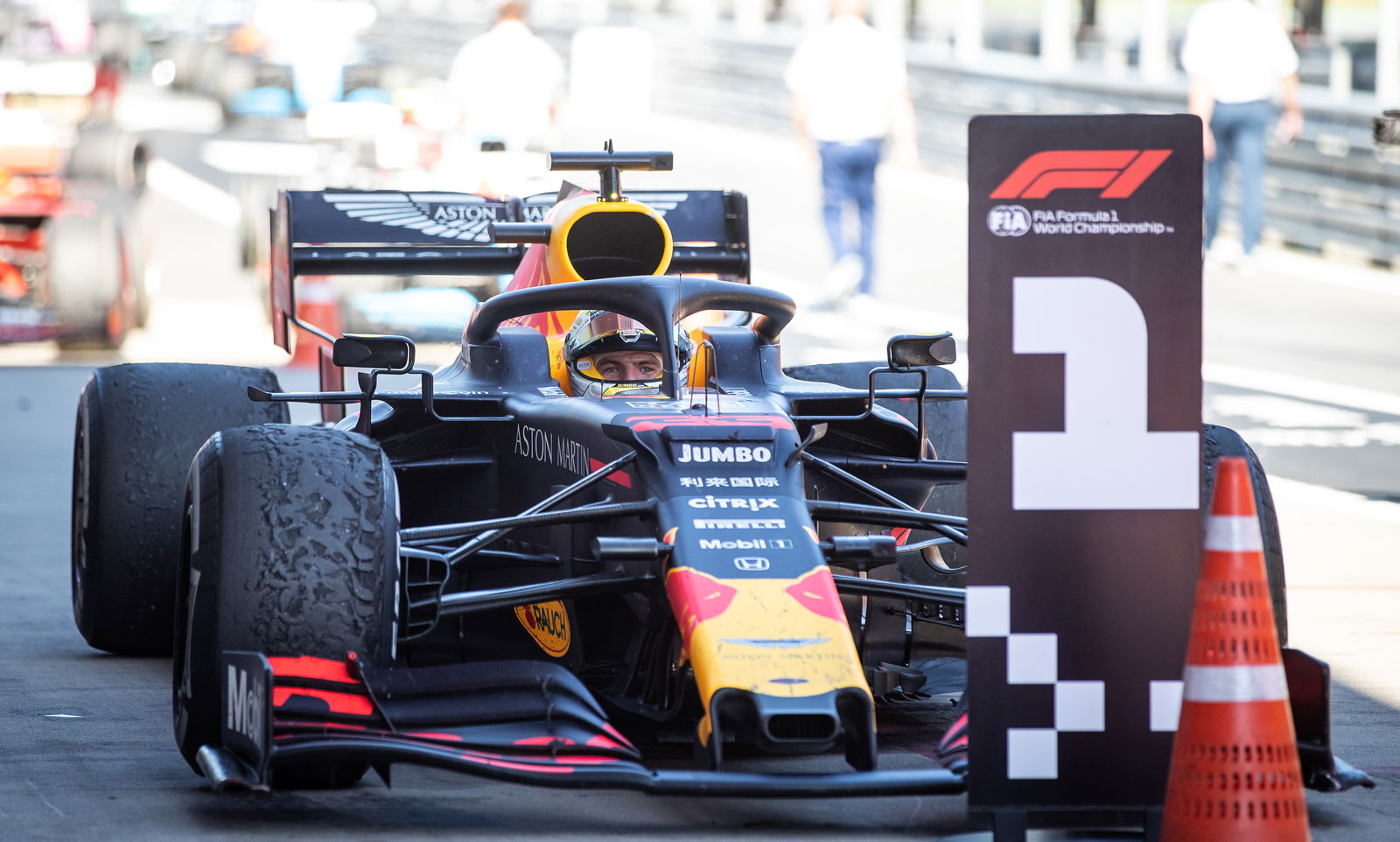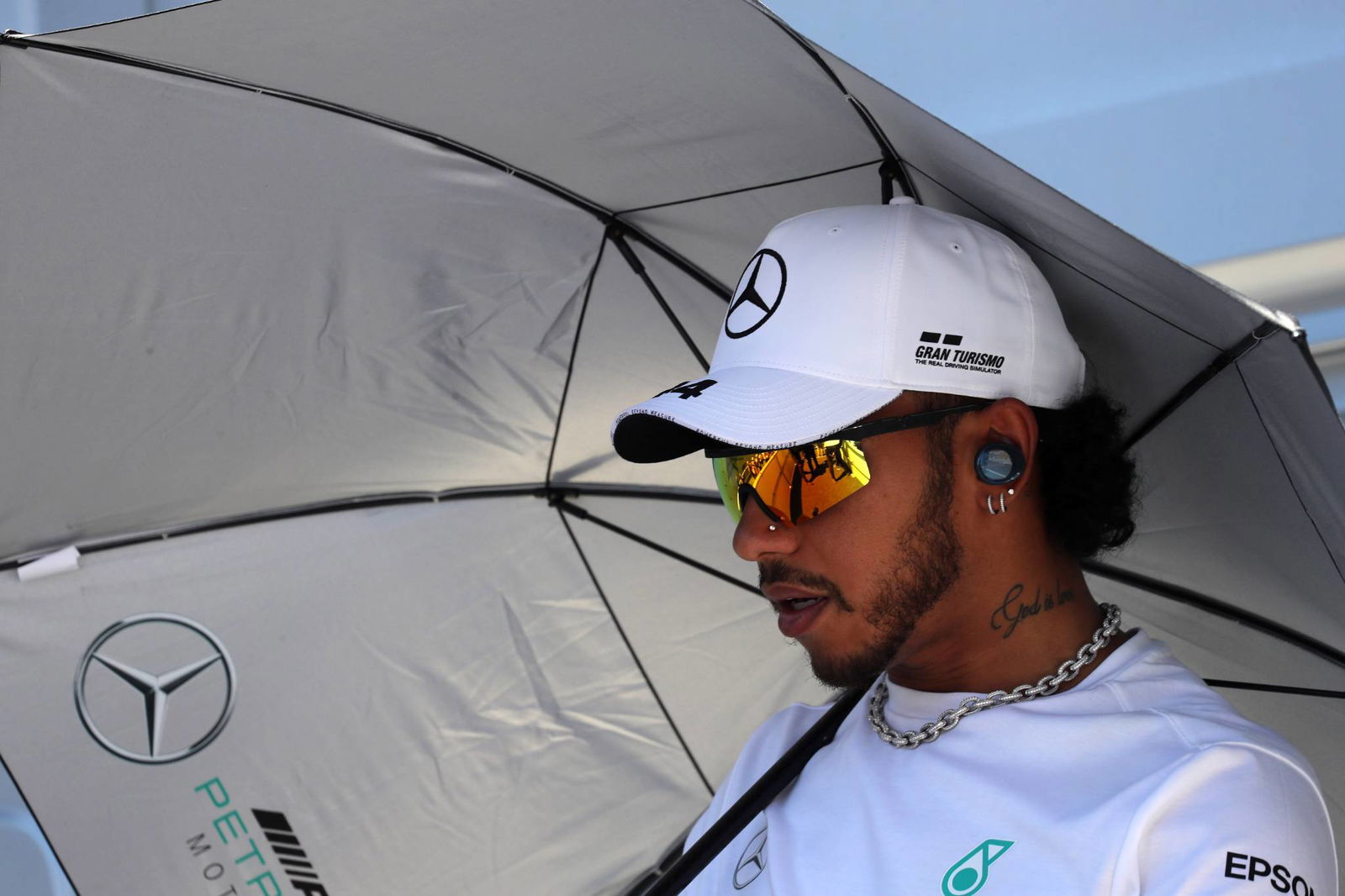FIA explains lengthy wait for Verstappen-Leclerc verdict
Formula 1 race director Michael Masi has explained the process that caused a lengthy wait for the verdict on the incident involving Max Verstappen and Charles Leclerc in the closing stages of Sunday's Austrian Grand Prix.
Verstappen and Leclerc made contact when fighting for the lead on the third-to-last lap at the Red Bull Ring, with the incident being noted before the stewards confirmed they would be launching an investigation.

Formula 1 race director Michael Masi has explained the process that caused a lengthy wait for the verdict on the incident involving Max Verstappen and Charles Leclerc in the closing stages of Sunday's Austrian Grand Prix.
Verstappen and Leclerc made contact when fighting for the lead on the third-to-last lap at the Red Bull Ring, with the incident being noted before the stewards confirmed they would be launching an investigation.
Verstappen crossed the line first, but had to wait more than three hours for his sixth career win to be officially confirmed as the stewards deemed the clash to have been a racing incident that did not warrant any action.
Speaking after the race in Austria, Masi explained that as the hearing could not take place for more than an hour after the race ended due to the podium ceremony and various media commitments, it was not possible for the stewards to make a swift decision.
"We didn’t get going until 6pm, with all the various media commitments with regards to the pen and post-race conference," Masi said.
"The hearing itself was about an hour, with all parties involved. Then the stewards deliberated, looked at other cases, precedents, and spoke between themselves. By the time you write a decision and attempt to make sure there’s no typos or anything in it, summon the teams back, deliver the decision to them - time flies a lot more when you’re sitting outside like all of us than when you’re sitting in the room.
"It was just that they were considering absolutely everything. They had all four people, both drivers and both team managers, in there for an hour."
While Masi appreciated the difficulty of fans watching the podium without knowing for certain that the result was final, he explained how the stewards' chief focus was to make the right decision regardless of the time it took.
"You want the right decision made, considering all the circumstances and all the factors that are around and using as much information as you have available," Masi said.
"The other part is that it is no different in some areas to a technical matter. In post-race scrutineering, if there’s a technical matter that gets discovered and it’s the winner, it’s a different circumstance. It’s just one of the nuances in this sport.
"We can’t blow a whistle and freeze everything to make a decision and then play on. We try wherever possible to have the podium be the podium, but when it’s in that last two, three laps of the race, it does make it quite difficult.
"But if it was something that happened on Lap 3, I think if the stewards felt they had everything, it would have been play on. So it's a tough one. It’s a balancing act."

